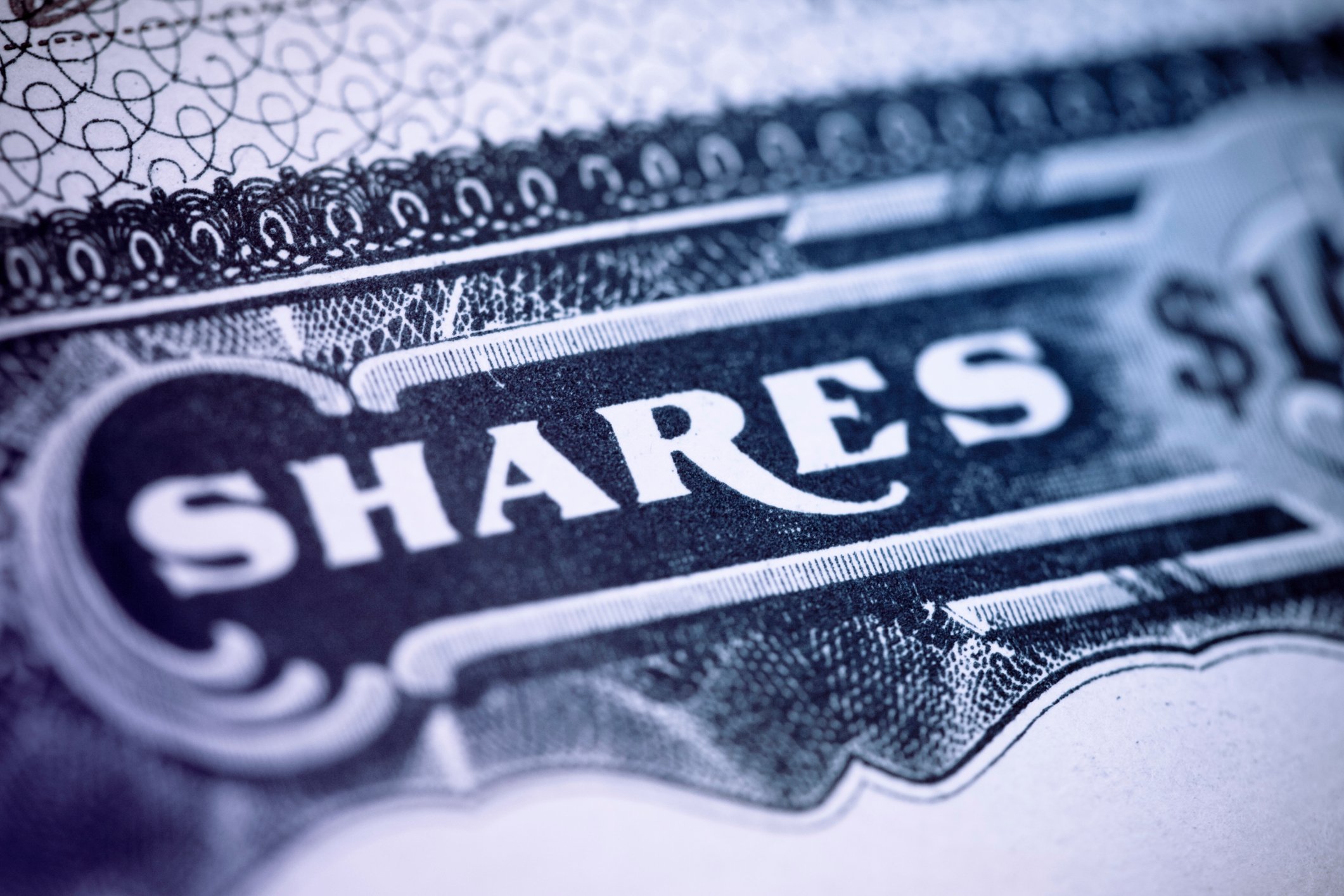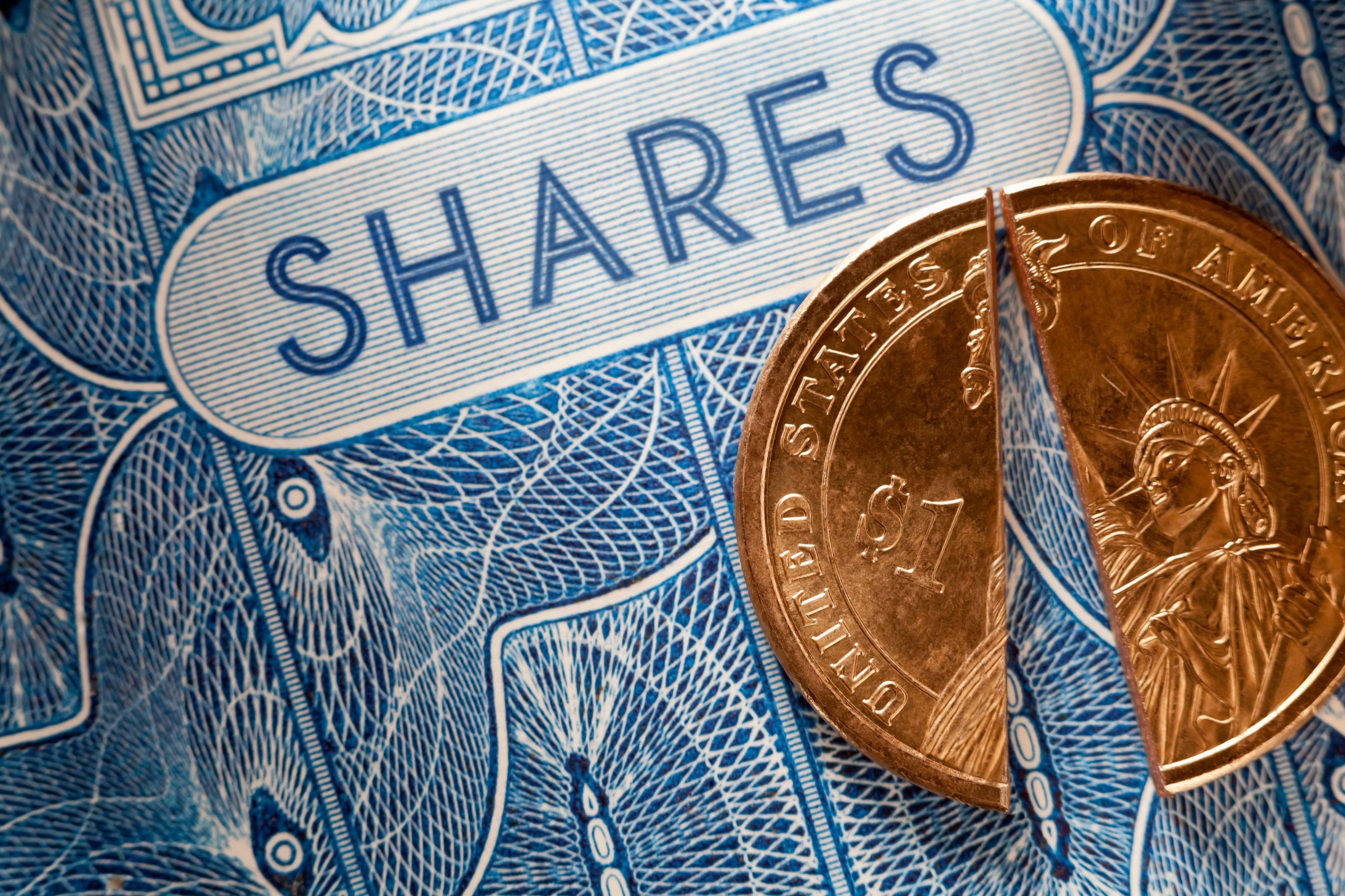The notion of satellite radio as an economically viable enterprise seemed greater parts fanciful pipe dream than viable business in early days. XM and Sirius cut each other off at the knees for sport -- bidding up content costs, marketing like crazed televangelists, and launching satellites like it was the Cold War. Worse, would-be members could, or the perception went, get the same thing for free. I never thought I'd consider Sirius or XM worthy of investment.
Go forward 10 years and a lot's changed: the merger and formation of Sirius XM (SIRI +0.00%), management finding religion in cost discipline, and superinvestor John Malone (of Liberty Media and Liberty Interactive fame) entering the fray. Now Sirius XM more closely resembles a subscription-based premium content service, like the cable business where Malone minted his fortune, with a highly recurring revenue stream and robust free cash flow, than the speculative satellite play of yore. Even so -- and somewhat legitimately -- the investing public remains cautious, fretting over competing streaming services from Apple, Pandora, and Spotify.
I'd wager Sirius XM still has meaningful growth potential, underpinned by a long-delayed vehicle replacement cycle, a business operating at scale and solidly entrenched moat, and differentiated offering. Smart capital allocation a la the Malone influence, a market gradually appreciating the less-risky characteristics of Sirius' core business, and long-term potential in a just-completed acquisition are cherries on an already-tasty sundae.
And so, while Sirius XM shares look a bit expensive at 25 times free cash flow, I don't think shareholders' happy days are a thing of the past. That's why I'm buying a position equal to 3% of my Real Money Portfolio.
This is Voyager, calling cash flow
For its erstwhile runt status among media players -- probably on par with newspapers-- Sirius XM's done a remarkable about-face. On the heels of the Sirius-XM marriage, management's studiously set to work reducing costs, finding religion in places the well seemed dry. It's shown in the numbers: As subscriber count swelled to 25 million last quarter, programming and subscriber acquisition costs -- two of the biggest line items-- have declined 50% as a percentage of revenue.
Previously piddling sales yielded to a delightfully recurring revenue stream: Self-paid membership churn is just 2% per month, and for every member, Sirius books $12 a month. (Ask anyone in the membership biz, and they'll tell you a 2% monthly churn is positively tantalizing.) Since the lion's share of Sirius' costs are fixed -- satellites, programming costs, marketing, and administrative expenses -- the result is a remarkably scalable business. Adjusted EBITDA margin (management's preferred measure, which is something like a cash flow margin) has ballooned to greater than 25%, and incremental subscriptions generate 70% EBITDA margin.
Sirius' success derives from a simple formula: Unique content -- from such varied sources as the NFL, CNBC, MLB, NPR, Fox News, and Howard Stern -- in addition to music. As the single-largest player in the radio biz, Sirius XM has consistently proven able to exert influence in content negotiations. And truly, if the recent past is indicative, there's not a single act it can't land at reasonable cost. There's a virtuous cycle in this: Sirius' bargaining power enables favorable terms on content, and it provides a unique offering when compared to its radio and streaming peers. That, in turn, attracts and retains members. To wit: After the company set a 5% price hike, subscriber churn hasn't budged.
Some market-watchers contend that Sirius XM is on notice, as emerging streaming players introduce cheaper alternatives and threaten to bid up content costs. And, yes, there's some cause for concern. But that argument also misses the nuance: a.) Sirius caters to users who aren't looking to curate their listening experience, or make active efforts; b.) it offers unique content (besides music) where streaming services do not; c.) for the avid driver/commuter, the two are complementary (which as a D.C. Metro area resident, I'm unfortunately aware); and d.) most importantly, streaming options really aren't that cheap.
That's because streaming services use a lot of data, a whopper of a hidden cost. Wireless spectrum doesn't just fall out of the sky, and the legions of Facebook-obsessed, Miley Cyrus-listening, hyper-social smartphone users isn't in decline. Expect AT&T and Verizon to keep jacking the rate on data plans, in response. That can and will change the economics of streaming services dramatically.
Then there's the matter of content costs. While I expect they'll march higher as competition emerges, it's not in anyone's interest to bid them out of the park. Moreover, Sirius' position still endows significant leverage in negotiations and the ability to attract acts a cut above the rest. There's one last thorny bit: None of the emerging players have profitably monetized their models. So, do I worry? A little. But only a little.
Satellite launching?
But for the delectably attractive dynamics of Sirius business, I believe the market continues to underestimate its potential. Most notably, I believe cash flow per share's poised to head skyward as membership gains and margin expansion are compounded by leveraged share repurchases, a classic Malone move. This, alongside a cost of capital rerating and potential from the Agero deal, affords considerable upside potential in the shares.
Growth Potential: 25 million U.S. members may sound like a lot. It is. But against the market size, there's still great potential. Consider this: There are 200 million nonfleet light vehicles in the U.S., and almost 75% of U.S. workers spend 30 minutes or more commuting every day. Of course, Sirius XM isn't exactly an everyman indulgence: It runs you $10-$15 per month, depending on the promotion. So, haircut those numbers for income, and I come up with an accessible market -- on price and value proposition -- approximating 85 million-100 million folks stateside.
Right now, Sirius hardware is installed in about 50 million vehicles, but that number's growing. A lot of folks delayed new car purchases during the Great Recession, but they're buying now as household wealth grows and their clunkers fail. For the foreseeable future, I believe North American auto sales should easily run 15 million annually, and about 70% of those vehicles come equipped with Sirius hardware and a free trial. Historically, about 45-ish percent of them convert to paying subscribers.
Taken together, it's conceivable that sub counts can grow to 35-40 million, or 45%-60% growth. Expansion into lower-price point, more niche offerings could grow the potential. A look at member counts for other specialized, discretionary content providers with similar price points confirms the potential: Time Warner's HBO had 41 million U.S. subscribers at last year's end, and at last quarter's close Netflix had almost 30 million U.S. streaming customers.
The Malone Playbook: Those who've read The Outsiders, or done this thing called investing, are no doubt apprised of Liberty magnate John Malone's prowess in all things capital allocation. He's a huge fan of taking assets with stable and recurring cash generation, levering them up, and using the proceeds from the debt and cash flow to repurchase shares.
A lovely and virtuous value-accruing cycle follows: Share repurchases supercharge growth to cash flow per share. It looks as if a similar routine's afoot at Sirius. Malone secured a 50% equity ownership and seats on the Sirius board after a Liberty-sponsored loan saved Sirius from bankruptcy in the credit crisis' darkest days. Now that things are looking brighter, Malone's up to old tricks.
Sirius management has announced intentions to take debt on up to 3.5 times EBITDA and use the proceeds alongside cash flow to repurchase shares. Right now, it has a $4 billion repurchase authorization outstanding -- roughly 15% of Sirius XM's market value. Across the next five years, I think Sirius could easily repurchase almost $10 billion worth of shares, or 40% of its current market value. That would not be bad.
Cost of capital rerating: For the fundamentally attractive qualities of Sirius XM's model, all of this talk would be remiss without a mention of risk. For a long time, Sirius was thought a has-been.
But I think we can agree that's changed. And so has Sirius' risk profile. There's bandwidth for value creation in two flavors here -- retiring Byzantine Era debt and the market's changing view. Of approximately $3.2 billion total debt, Sirius still has about $1 billion outstanding at 7% or higher rates. The company recently issued debt at about 5%.
Retiring the remaining 7% debt at a 5% rate could bring $15 million to the bottom line with a simple wave of the hand. And while that's good, the optics are more important: Should the market start to regard Sirius as greater-parts cable company than satellite start-up, it'd probably be willing to afford the shares a higher multiple for the perception of lower risk. And that could be huge.
Agero Who? Sirius recently completed an acquisition that, given a first glance, you might not think twice about. But it's actually a big deal. The company now owns the connected vehicle services unit of Agero. Basically, you take a modem, a bunch of chips, and the car becomes an intelligent being. Applications are myriad: Conveying data on driving habits to insurers, GM OnStar-type safety features, connecting to media via the modem, or diagnosing mechanical problems.
For Sirius XM, there are a few very tangible benefits. First is the obvious: revenue opportunities from Agero's platform as cars' connectedness evolves. Conceivably, this segment could one day be as large as Sirius. Second, it provides a means of installing Sirius in roughly 40% of cars, on account of Agero's existing relationships. Lastly, it could change Sirius' content distribution channel. Instead of satellite, it could use wireless spectrum. In a world where satellites run $300 million a pop, that's not chump change, and could propel Sirius' profitability ever higher.
Buying the satellite
Taken together, I expect Sirius' member count to increase to roughly 37 million over the next 10 years, and for EBITDA margins to expand to 38%- -- a bit shy of management's targets -- as increasing content costs take a bite, but are largely offset by higher member counts. Profitability expands at an outsized clip for a very logical reason: most of Sirius' costs are fixed. Along the way, I expect management to increase prices at about a 3% to 4% clip, and for debt and free cash flow to be regularly deployed to share repurchases. Put it all together, and I peg the shares' worth at $4.90.
I'll be watching a few bits along the way. First is the negotiation between the NFL and Sirius, as the league's contract comes up in 2015. Of the contracts, this one's big, and the NFL holds a lot of the chips. Should Sirius be forced to cede an above-market rate (relative to recent NFL renewals), that'd be worrisome. The same goes for Howard Stern, whose contract comes up in 2015. It's unclear the extent to which losing Howard Stern might impact Sirius' member retention, but it's worth watching.
Last is the general trend on content costs, as new competitors enter the fray, and the extent to which those costs pressure pricing and/or Sirius' growth prospects. In each of the above circumstances, Sirius' ability to raise prices without impacting churn, and the uniqueness of its content bin, give me confidence its cash-generating ability will remain intact. But even so, it's something that bears careful watching.
The takeaway
Just admit it. You've always wanted to own a drone, and you're not Jeff Bezos. So take the next best -- a satellite.






